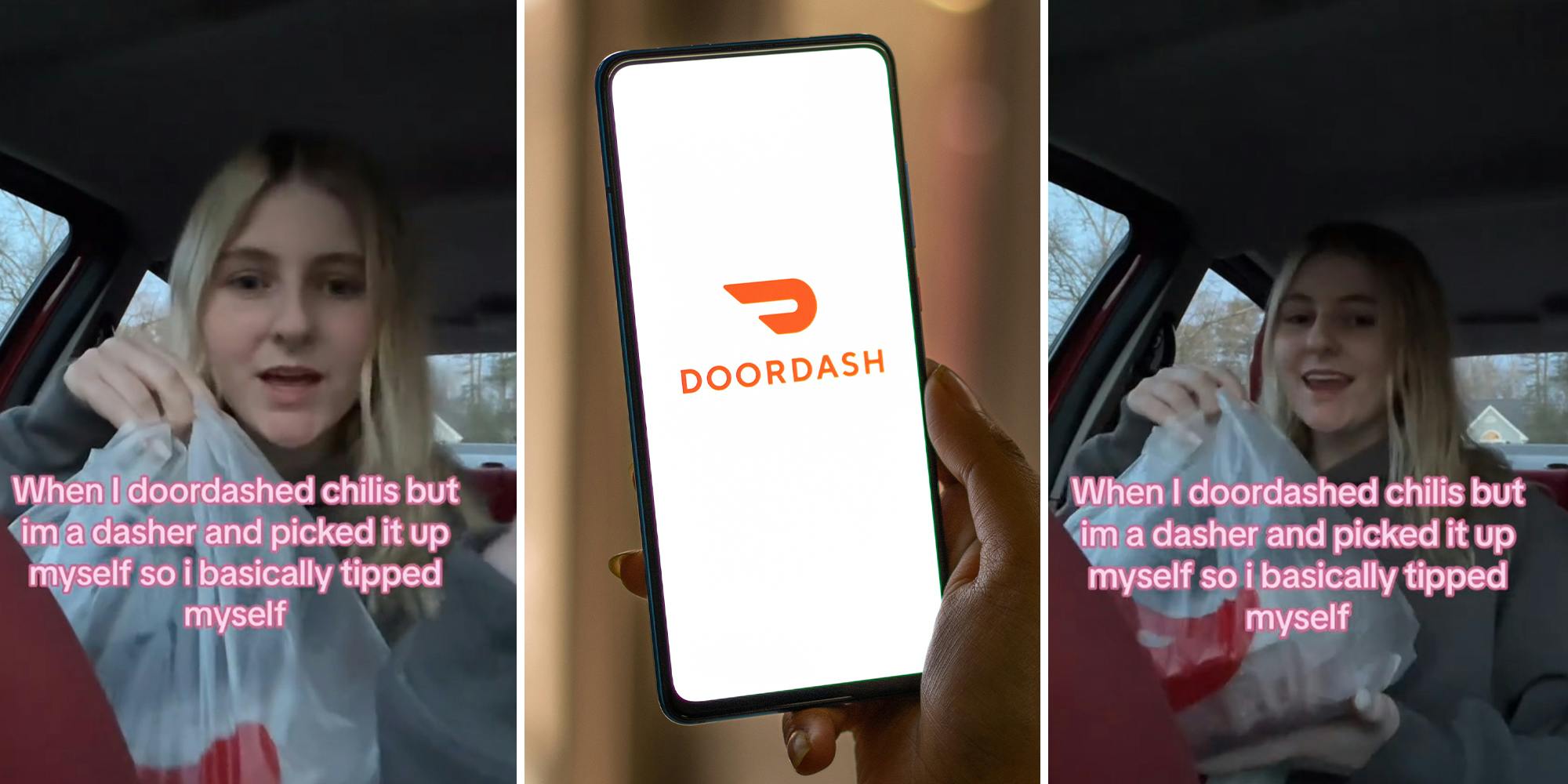


In a recent revelation, a DoorDash driver has shared an unusual hack to make extra money while working for the company. The driver, Kameron (@kameronstpierre), posted a video on TikTok demonstrating how she assigned herself, as a Dasher, to pick up the order she had placed as a customer. The video quickly gained popularity, amassing over 2.4 million views [bead6e97].
Commenters on the video had mixed opinions about the hack. Some argued that the driver ended up paying more than if she had picked up the order herself, while others pointed out that DoorDash offers a discounted pickup option for drivers. This hack is reminiscent of a similar case in 2022, where a Dasher ordered from a restaurant below him and accepted his own order to get paid for picking it up [bead6e97].
DoorDash has been contacted for comment on this matter [bead6e97].
Meanwhile, grocery delivery app drivers for Walmart's Spark app have raised concerns about undocumented workers using fake IDs to pick up orders. Drivers have reported seeing people using false information to pick up orders under different names, creating an unsafe situation for customers and an unfair environment for verified drivers. The issue has been reported at multiple Walmart locations, and an employee claims that management is aware of the problem but has not taken action. Walmart has stated that they have comprehensive measures in place to ensure driver verification and that any reports of fraudulent activity will be investigated and appropriate action will be taken. The News 4 Tucson Investigators obtained a criminal complaint filed by the FBI in Massachusetts as part of a criminal investigation into a group of people suspected of committing fraud by driving for delivery apps using false names. Other delivery app companies, such as Doordash, have implemented special procedures to verify their drivers. The issue is not limited to Walmart and has implications for the safety and security of customers using grocery delivery apps [fcfa461e].
Becky Melvin, a 61-year-old from Jacksonville, Florida, was laid off from a nearly six-figure public relations job in Nashville, Tennessee, in 2019. Since the start of the pandemic, she has been working seven days a week as a delivery driver for apps like Shipt and Instacart. She earns about $50,000 before taxes annually from gig work, compared to close to $100,000 in her previous job. Melvin plans on starting more regular work as a 911 dispatcher. She owns a three-bedroom, two-bathroom home with monthly homeownership costs totaling about $2,900. Melvin has had to put off needed medical procedures and repairs to her home due to tight finances. She has delayed paying her federal tax bill and relies heavily on gratuities to make ends meet. Melvin is in the process of becoming a 911 dispatcher, which will pay about $51,000 a year plus overtime. She believes age discrimination is a factor in her struggle to find stable work. Despite becoming a dispatcher, she plans to continue delivering for her most reliable clients on her days off. Melvin's economic outlook is challenging, as she has various financial concerns and does not have the extra money for necessary expenses. She has not seen a doctor or dentist in some time due to lack of health insurance. Melvin's gig work has taken a toll on her physically and emotionally, as she works long hours without a day off. She hopes to make about $75,000 annually if she becomes a 911 dispatcher and continues delivering for her reliable clients. Melvin's story highlights the financial struggles faced by many independent contractors in the gig economy.